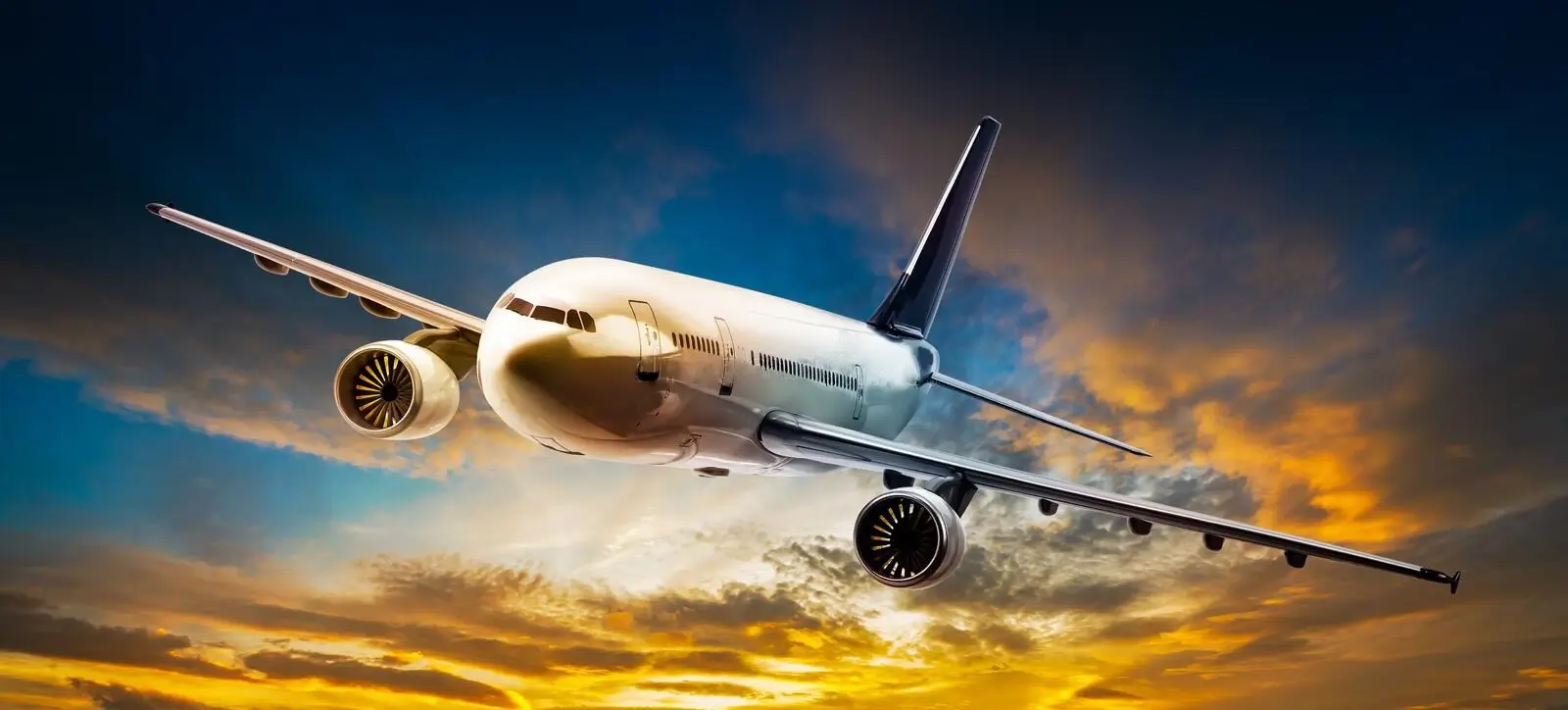Sure! Here are some key details about Sydney, Australia:
- Location: Sydney is located on the east coast of Australia, in the state of New South Wales. It is situated on the Tasman Sea, which is part of the South Pacific Ocean.
- Population: As of the most recent data, the population of Sydney is estimated to be around 5.5 million people, making it the largest city in Australia and one of the most populous cities in the world.
- Climate: Sydney has a temperate climate, with mild winters and warm summers. The average temperature ranges from around 13°C (55°F) in July to around 26°C (79°F) in January.
- Economy: Sydney has a diverse and robust economy, with key industries including finance, tourism, technology, and media. The city is home to many major corporations and is a major financial center in the Asia-Pacific region.
- Transportation: Sydney has an extensive transportation network, including buses, trains, ferries, and taxis. The city is also served by Sydney Kingsford Smith International Airport, which is the busiest airport in Australia.
- Culture and Attractions: Sydney has a rich cultural heritage and is home to many historic landmarks and cultural attractions. Some popular attractions include the Sydney Opera House, Sydney Harbour Bridge, and Bondi Beach. The city also has a vibrant nightlife and a wide range of shopping and dining options.
- Language and Culture: English is the official language of Sydney, although many residents also speak other languages, reflecting the city's diverse population. The city has a diverse cultural scene, with influences from various ethnic groups and religions.
- Cuisine: Sydney is known for its diverse and flavorful cuisine, which includes a mix of traditional Australian dishes as well as international cuisines. Some popular dishes include meat pies, fish and chips, and barbecue (known as "barbie" in Australia).
- Education: Sydney is home to several prestigious educational institutions, including the University of Sydney and the University of New South Wales. The city also has a number of public and private schools, offering education from preschool to high school.
- Safety: Sydney is generally considered to be a safe city for tourists and residents alike, with a relatively low crime rate compared to other major cities in the world. However, it's always a good idea to take common-sense precautions, such as avoiding isolated areas at night and not flashing valuables in public.













